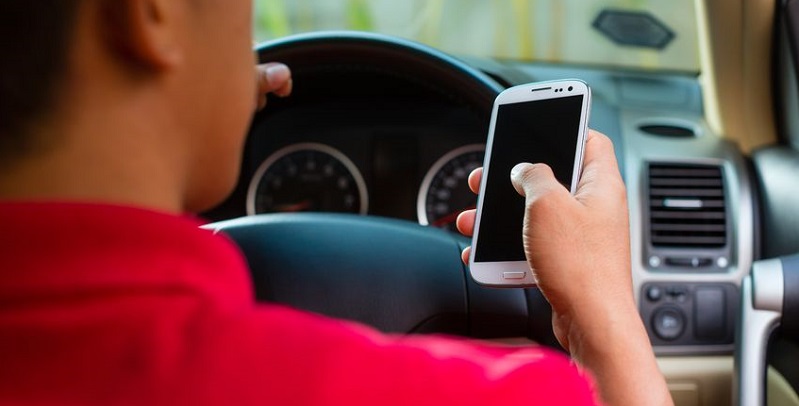About 22 percent of Coloradans surveyed in 2016 had read text messages while driving during the previous week. State lawmakers are considering higher penalties.
It is too late for some Coloradans to understand the true cost of distracted driving. Just texting your friends while on the road takes your attention and can cost you your money, your freedom, or your life.
Too many Coloradans didn’t get it, according to the results of the Colorado Department of Transportation’s 2016 survey of residents’ driving behaviors. Recent news events, however, may be helping them to understand.
Deadly Texting in Franktown, Colorado
Texting and impairment were both factors in an auto accident that killed two motorcyclists in Franktown in 2016. The driver at fault was sentenced to 20 years in prison after pleading guilty to two counts of vehicular homicide, Melissa Garcia of CBS Denver reported. Evidence showed that the driver was drunk and high when her vehicle crossed over the center line on Colorado 83 and struck an oncoming motorcycle. The motorcyclists were thrown from the bike and both died at the scene.
Colorado’s Legislative Penalties
Texting while driving in Colorado is already illegal, but accidents caused by the distraction, including a 2016 spike in all road fatalities, are pushing the Colorado General Assembly to make the penalties tougher. At least 605 people died on Colorado’s roadways in 2016, an 11 percent increase over 2015.
State senators have been negotiating the terms of Bill 27, which could be enacted this year, KUSA’s Brandon Rittiman reported. Under the latest provisions, it would increase the license points for a texting violation from 1 to 4 and would increase the fine from $50 to $300.
A Beehive of Distractions
The problem is that Colorado drivers have too many distractions in their cars, the CDOT report authors said. They analyzed the answers of 898 state residents. Here are some of their findings about distracted driving:
- 22 percent said they had read a message on a device while driving sometime in the week before the survey.
- 15 percent had written a message while driving in the week before.
- 33 percent had talked on a hand-held cell phone while driving.
- 38 percent had talked on a hands-free phone.
- 64 percent had selected entertainment on a radio, MP3 player, CD player, or other device while driving.
- 42 percent had eaten food while driving in the recent past.
- Younger adults (18-34) were most likely to send a text (25 percent) or read texts or social media (36 percent) on the road.
- Women were more likely than men to be distracted by pets, passengers, or eating.
- People in the highest income bracket were most likely to eat, read, send messages, or talk on a hands-free phone.

